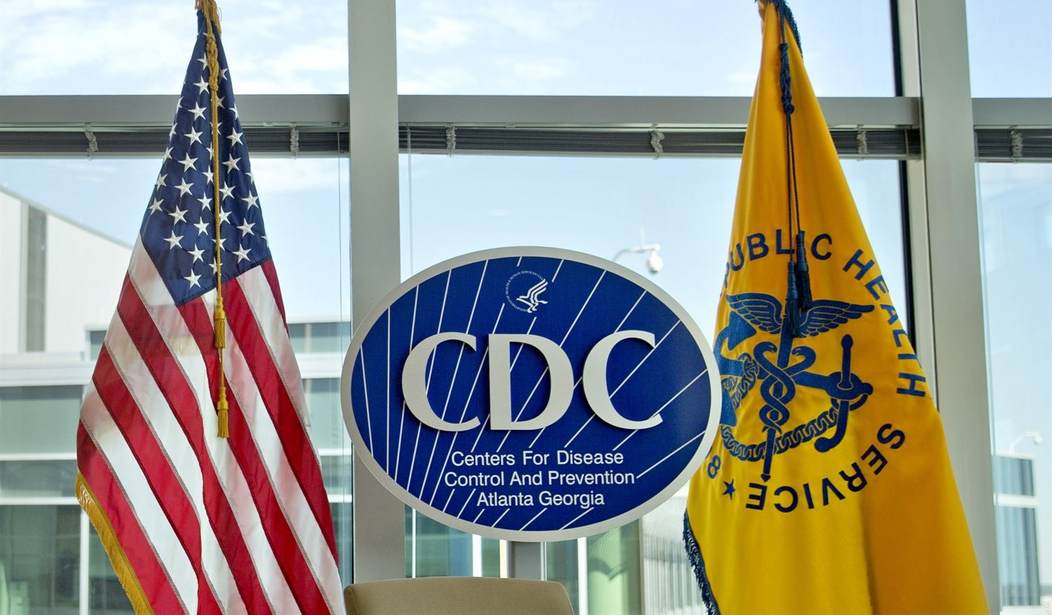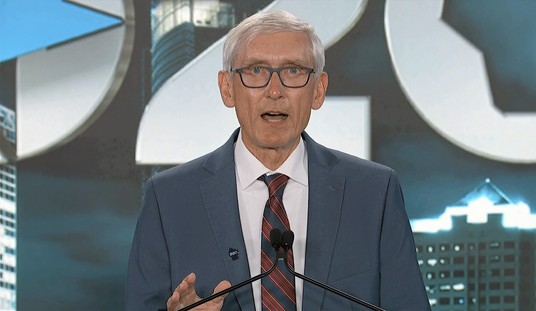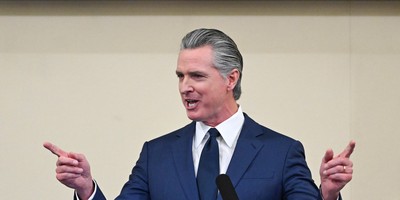The Supreme Court last week rejected the idea that Congress gave the Centers for Disease Control and Prevention the power to stop landlords from evicting tenants who fail to pay their rent. Unfazed by that setback, the Biden administration this week suggested that the CDC has the power to demand that every public school in the country force students to wear face masks.
Both incidents show how readily President Joe Biden deploys dubious legal arguments to defend unprecedented power grabs in the name of fighting COVID-19. If successful, those arguments would undermine federalism, the rule of law and the separation of powers.
The CDC argued that evictions could promote COVID-19 transmission by forcing people to move into "congregate or shared living setting(s)." It said its moratorium therefore was authorized by a 1944 law that allows regulations deemed "necessary" to prevent the interstate spread of "communicable diseases."
Like most of the federal judges who have addressed the issue, the Supreme Court did not buy that argument. "It is hard to see what measures this interpretation would place outside the CDC's reach, and the Government has identified no limit," it noted, "beyond the requirement that the CDC deem a measure 'necessary.'"
The justices said it "strains credulity" to assert that Congress gave the CDC that "breathtaking amount of authority." They said the statute's list of specific disease control measures "informs the grant of authority by illustrating the kinds of measures that could be necessary: inspection, fumigation, disinfection, sanitation, pest extermination, and destruction of contaminated animals and articles."
Even if the statute were ambiguous, the Court said, "the sheer scope of the
CDC's claimed authority" would "counsel against the Government's interpretation," since "we expect Congress to speak clearly" when it means to authorize powers of "vast 'economic and political significance.'" Notably, no one seems to have noticed the sweeping powers that the CDC claimed to discover last fall until 76 years after the law was enacted.
Recommended
The Department of Education cited a different, more recent law on Monday, when it announced investigations of five states that have defied the CDC's advice by forbidding mask mandates in public schools. Secretary of Education Miguel Cardona says those states may be violating Section 504 of the 1973 Rehabilitation Act, which prohibits discrimination against people with disabilities in federally funded programs.
Cardona said his department had heard from "parents of students with disabilities and with underlying medical conditions" who complained that "state bans on universal indoor masking are putting their children at risk and preventing them from accessing in-person learning equally." His argument implies that Section 504 makes the CDC's recommendations for schools mandatory.
"It's massive federal overreaching," said Hans Bader, a former senior attorney at the Competitive Enterprise Institute who also has worked in the DOE's Office for Civil Rights. "The federal government essentially wants to dictate systemic changes to states' school policies because of speculation (about) how those policies may affect disabled students in particular school districts."
Bader says Cardona's position is inconsistent with the relevant case law, which rejects discrimination claims based on speculative harms or parents' voluntary decisions. "The health benefits of wearing masks are so modest that European countries don't require young children to wear them," he said, "so the failure to attend school is due to parental or student choice, not effectively compelled by school policy."
Despite Cardona's emphasis on local autonomy, his interpretation of Section 504 suggests that school districts are not free to reject the CDC's advice. Since the CDC has decided that mask mandates are appropriate, he seems to think every public school in the United States is obligated to impose them.
That is a remarkable assertion of federal supremacy in two areas -- education and disease control -- that have long been recognized as primarily the responsibility of state and local governments. The Biden administration seems determined to anoint the CDC's director as the nation's COVID-19 dictator, no matter what the law says.
Jacob Sullum is a senior editor at Reason magazine. Follow him on Twitter: @JacobSullum.
























Join the conversation as a VIP Member